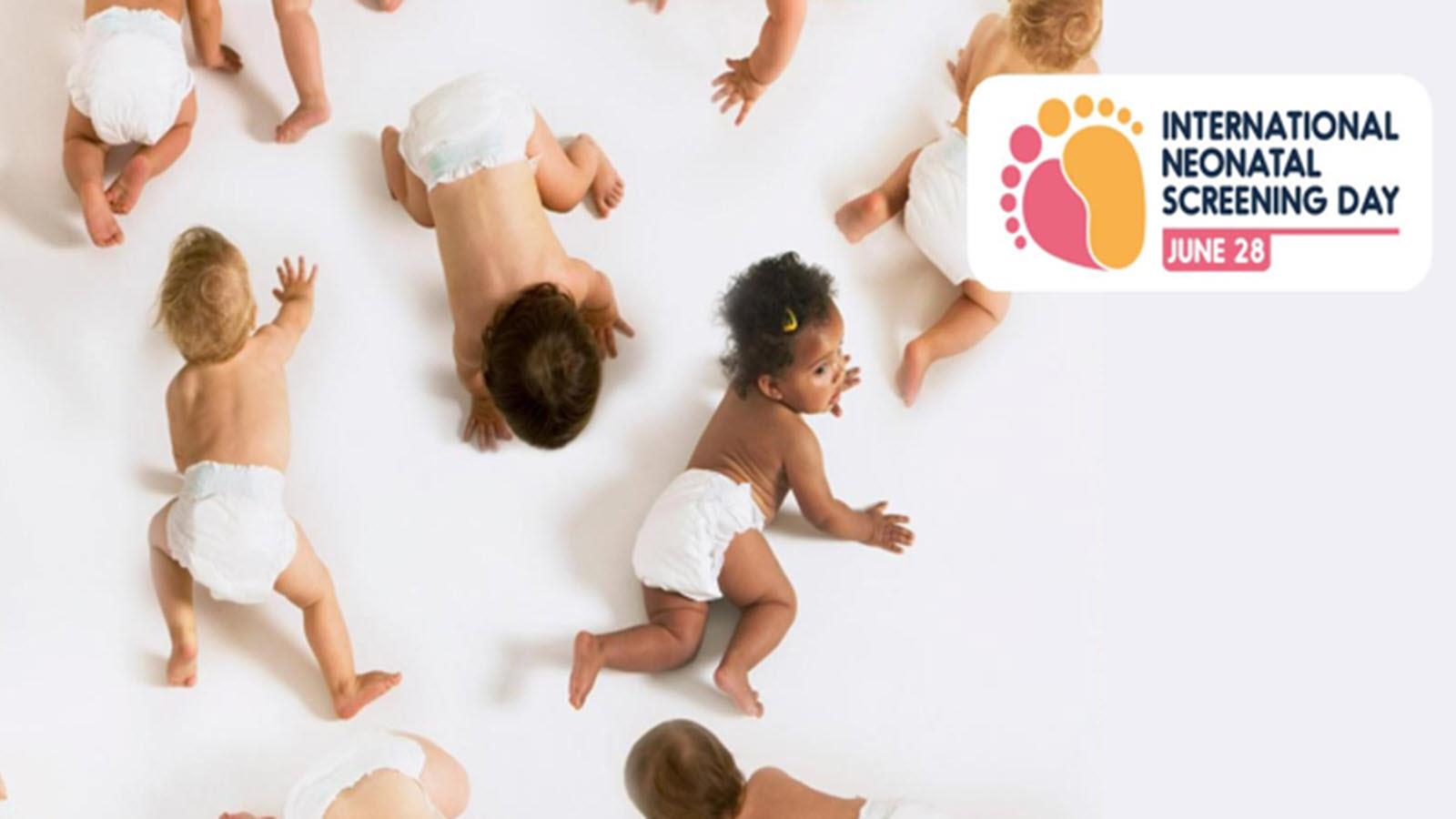An opportunity arrives right after a baby is born to spot health conditions that need quick action. While many children are born healthy and ready to thrive, some have diseases or disorders that are not immediately visible. Without action, these health problems could be life-threatening.
But the established practice of newborn screening through a simple blood test means that, all over the world, babies are more quickly diagnosed so that they can get swift treatment. That’s why Screen4Rare, a collaboration among three advocacy organizations, created International Neonatal Screening Day, an annual reminder that this best practice saves and improves lives.
Screen4Rare includes the International Patient Organisation for Primary Immunodeficiencies (IPOPI), the International Society for Neonatal Screening (ISNS) and the European Society for Immune Deficiencies (ESID). Though newborn screening is practiced all over the world, individual nations and even states decide which conditions their tests will include. The United States reached a milestone in 2018 when the last of the 50 states began testing routinely for Severe Combined Immunodeficiency (SCID), a catastrophic immune system condition that is fatal if not treated.
Groups like IPOPI and the U.S. Immune Deficiency Foundation, continue to campaign for neonatal testing, because the job is never done, IPOPI’s Executive Director Johan Prevot said in an interview last year. It’s a job that requires outreach and collaboration, he said, as advocates bring the issue to governments around the world.
The goal is always to raise awareness and provide support, not to impose a one-size-fits-all approach. Progress has been made over the last few decades with many countries modernizing and expanding their neonatal screening program. In the last five years, Slovenia added 17 metabolic diseases to its screening panel, according to campaign organizers.
Here are three more key facts to know about neonatal screenings:
- Every year, 140 million babies are born, but only one in three receive screening of any type. Many are screened for only one or two conditions.
- More than 100,000 babies could be saved every year from death or life-altering illnesses if proper screening tests and treatment were in place.
- Neonatal screening for rare diseases led to the diagnosis of 38,000 in 2021 – one baby every 15 minutes.
Learn more about International Neonatal Screening Day and how to get involved.



